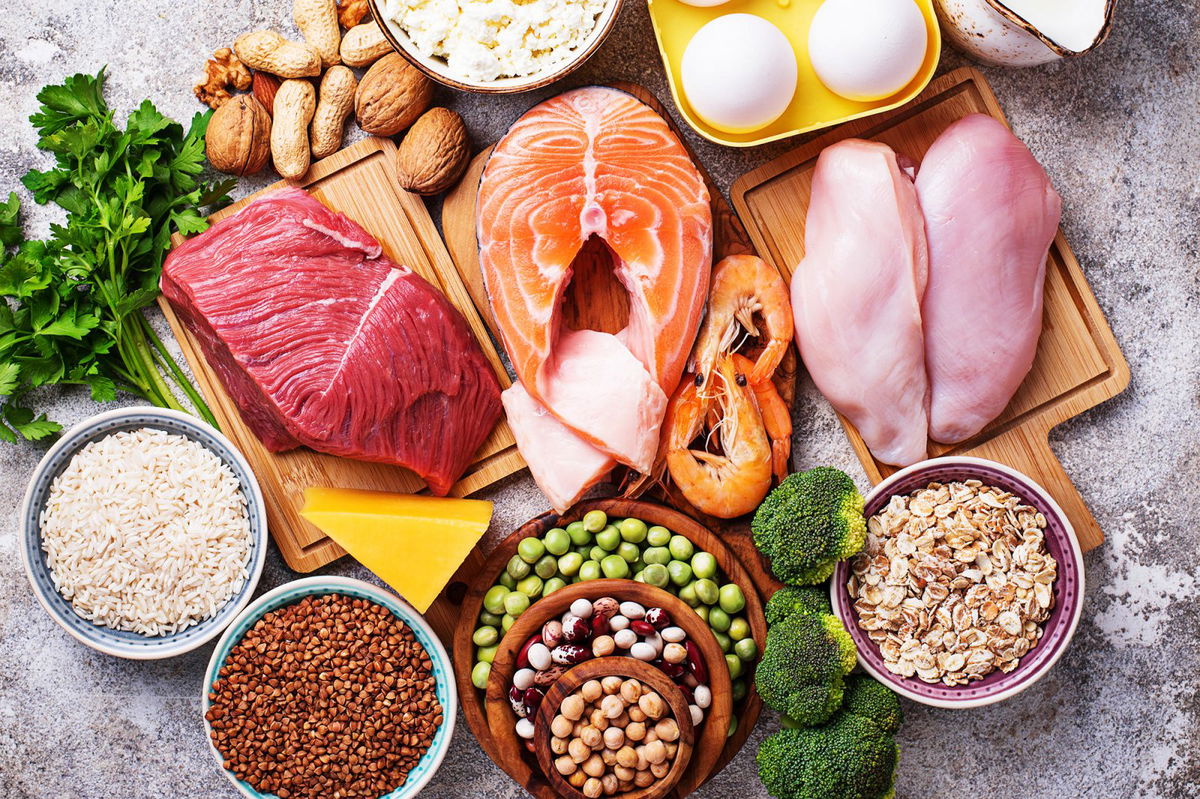8 Common Mistakes When Trying to Lose Weight (2 of 5)
Advertisement


2. Eating too many or too few calories
In order to lose weight, you need to burn more calories than you consume, also known as a calorie deficit. For a long time it was believed that a weekly deficit of 3,500 calories would translate to 1 lb of fat loss. However, more recent studies indicate that this number varies from individual to individual.
You might feel like you’ve significantly reduced the number of calories you’ve consumed, but people tend to underestimate this. For instance, folks will eat salmon and nuts because they are rich in heart-healthy omega-3 fats, but they also contain a lot of calories when eaten in large portions. So practicing portion control is important.

3. Not getting enough protein
There are so many reasons why eating protein is important when losing weight: it helps you maintain or increase your metabolic rate; it simultaneously increases the feeling of fullness while curbing your appetite; it lowers the amount of weight you might eventually gain, and it prevents you from losing too much muscle even as you lose fat. Although meat and dairy are the first types of foods that come to mind when you think about protein, seeds, beans, legumes and grains such as quinoa also provide good sources of protein at low costs.